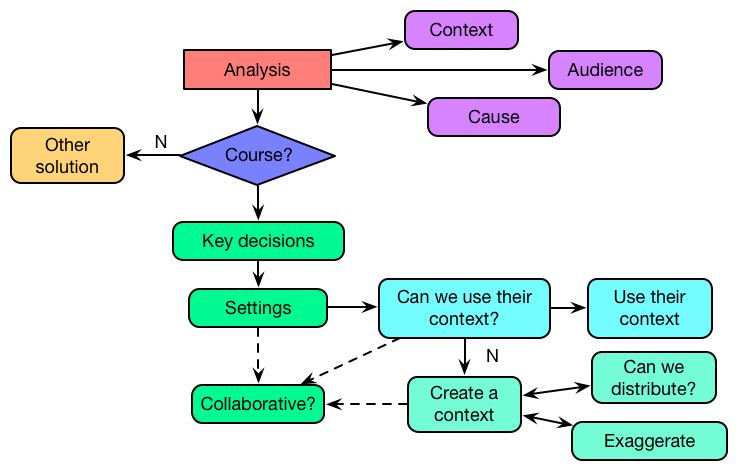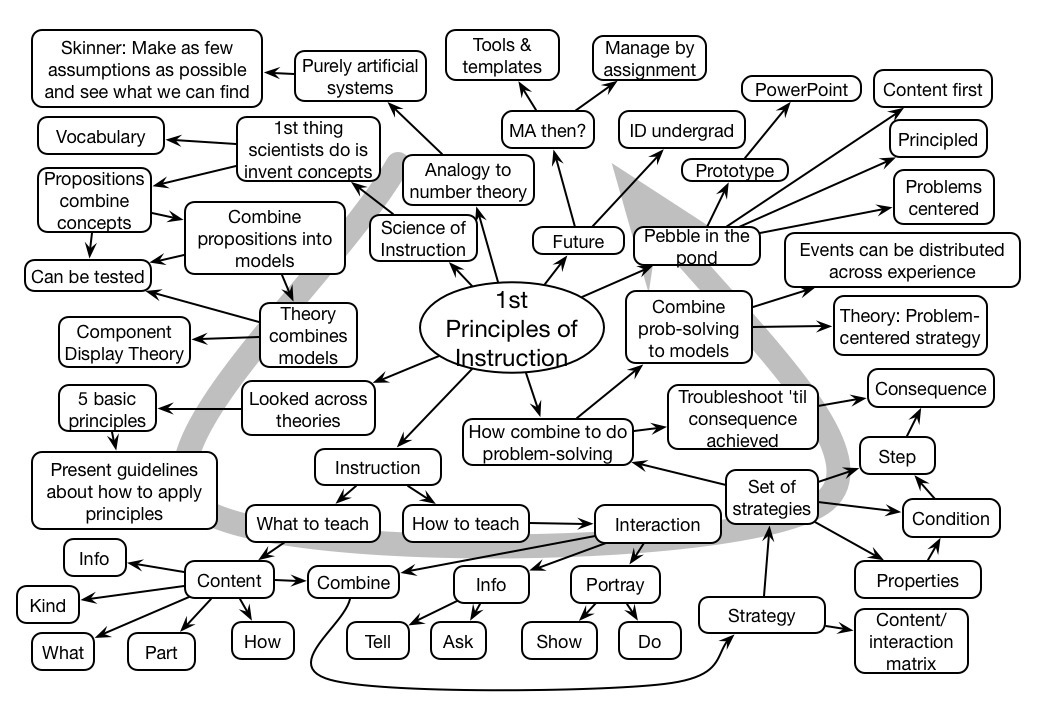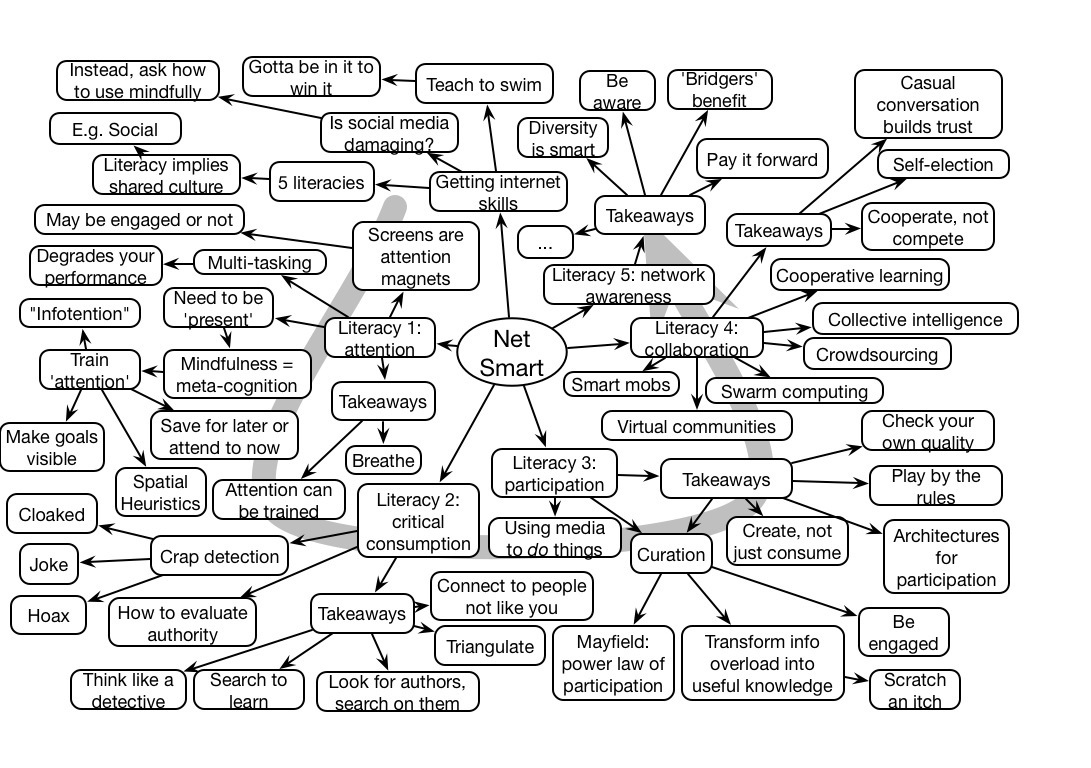Every year I have much to be thankful for, but right now as I work to finish my latest screed (hence the lack of posts last week), I have some specific things to be grateful for.
A book is an endeavor that draws upon many people. You always have several editors: an acquisition editor, then a copy editor, and ultimately a marketing editor. I’m still at the stage where I’m working with my acquisition editor, but he’s provided much guidance and support. He’s also arranged a relationship with a major society for support, and they’ve been very forthcoming with assistance.
If you do it right, and I try, you also are dependent on some colleagues who’ve stepped up to provide case studies or interviews for you. I’ve been fortunate that I have several individuals in both categories. You also find yourself very grateful for other colleagues who’ve provided guidance in various ways about the book writing process, strategic input, and offers for support upon release.
A book can’t cover everything, and it’s a benefit to know that colleagues have written other books that you can point to. Having those other thoughts to incorporate the gist of, and point to for further depth, helps keep the effort focused.
And, of course, you almost always end up having the deeper support of friends and colleagues who step up to take up some slack, or answer quick questions, or even just cheer you on. And you’re lucky they are there to assist, but also ask the tough questions and keep you from going off the rails.
Finally, you typically have family who support you in a variety of ways, physically, mentally, and emotionally. And I’m fortunate to acknowledge that I do.
So there’s much to be appreciative for this endeavor, and of course in general. So I have thanks for all of the above, and to you for taking the time to read this. Wishing you the best to you for this time of year, and hoping you get to have quality time with friends and family, and have much to be grateful for as well.



